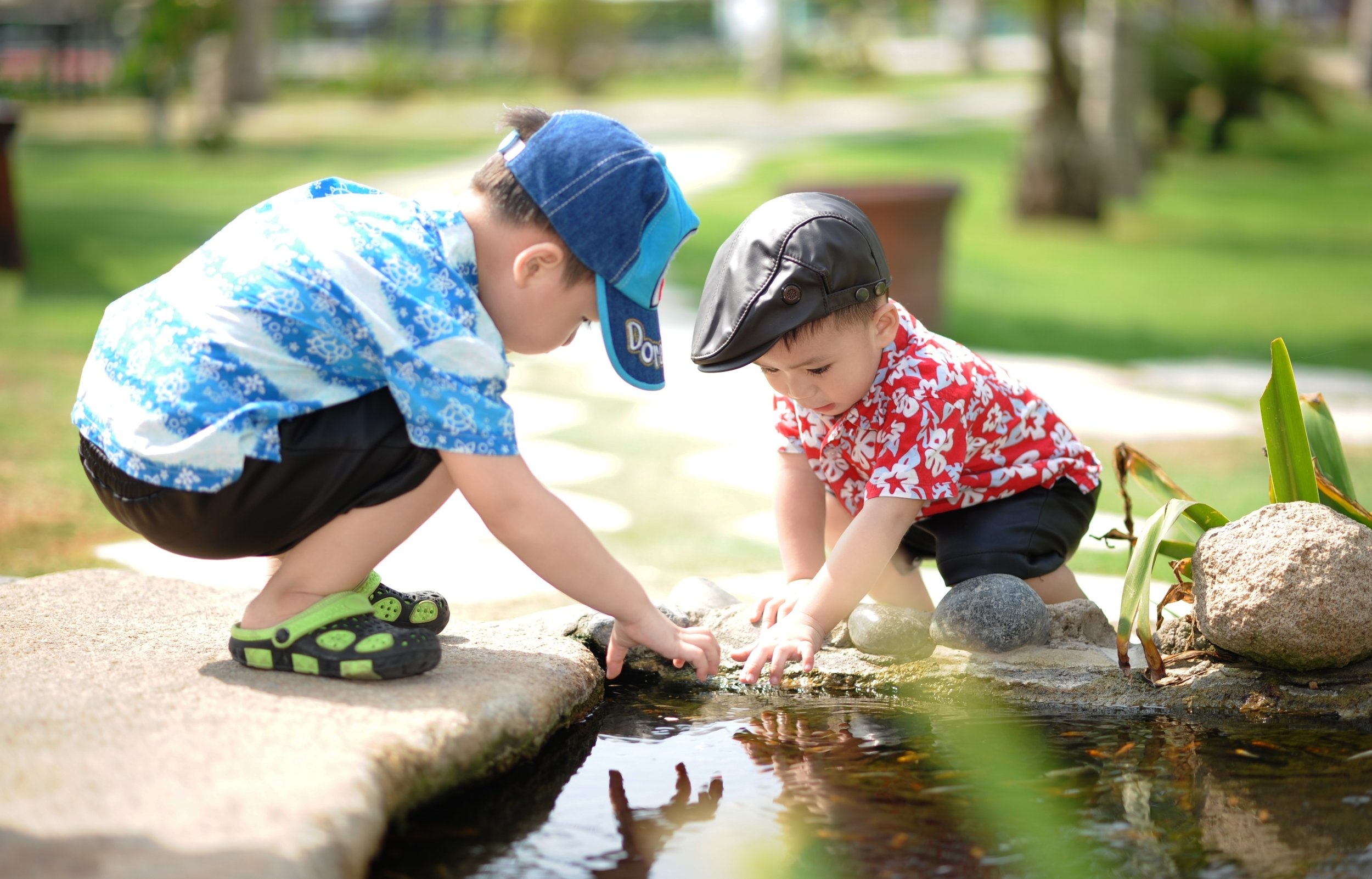![5 Ways to Prevent Challenging Behavior with a "Sensory- Seeking" Child with a Short Attention Span]()
A preschool teacher recently wrote to me and asked,
“Do you have any suggestions for a 3-year-old child who has a very limited attention span? Unless an adult is playing with him (which we strive for as much as possible but can’t happen all the time) he never stays with anything for longer than 30 seconds. He loves to play in our outdoor water structure and he stays engaged for a prolonged period. This is the only time he is completely regulated. He also struggles with transitions.” - Shelby
Shelby, wow, this sounds exhausting! To start, I just want to say that it sounds like you are doing tons right with this child, in terms of prioritizing having an adult work with him 1:1 and playing with him to help him build his capacity to stay engaged. I do think that’s precisely the way to help him build his attention span. Of course, I know it’s not always possible to have an adult working directly with him all the time. Also, the fact that you observed and noted that playing with water is the exception to the rule; the time he does sustain independent engagement in an activity. And, that you noticed this seems to help self-regulate him.
Let’s think about how we can build on his interest in water and build on the fact that water play seems to self-regulate him...











